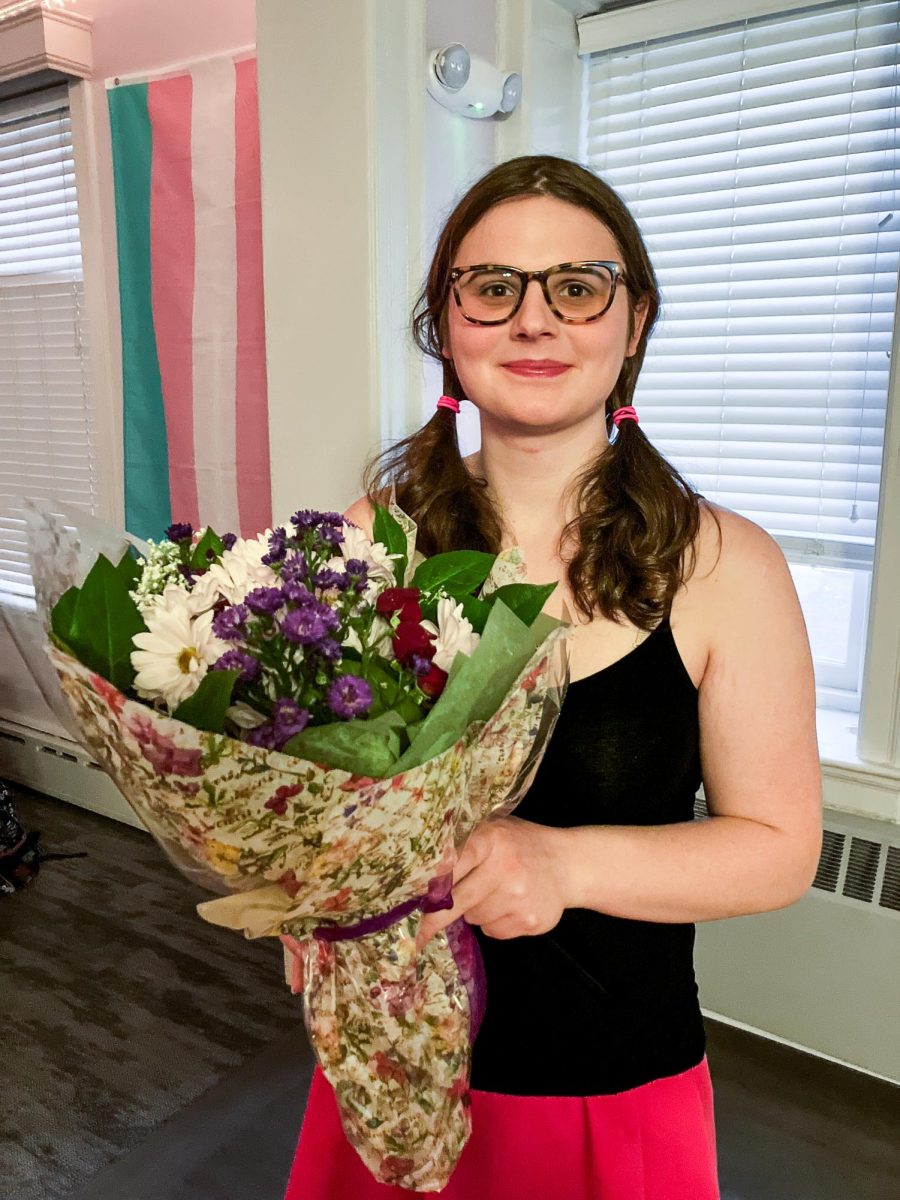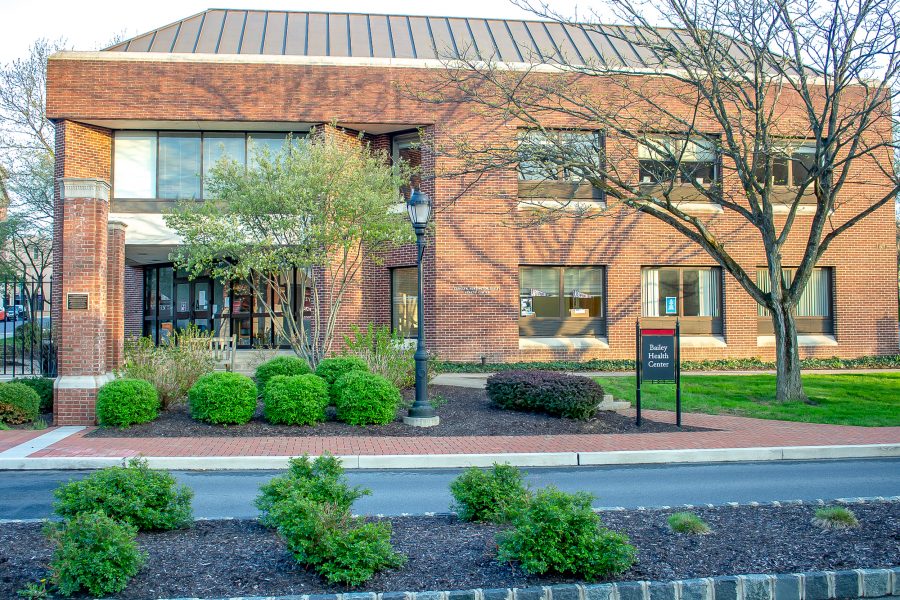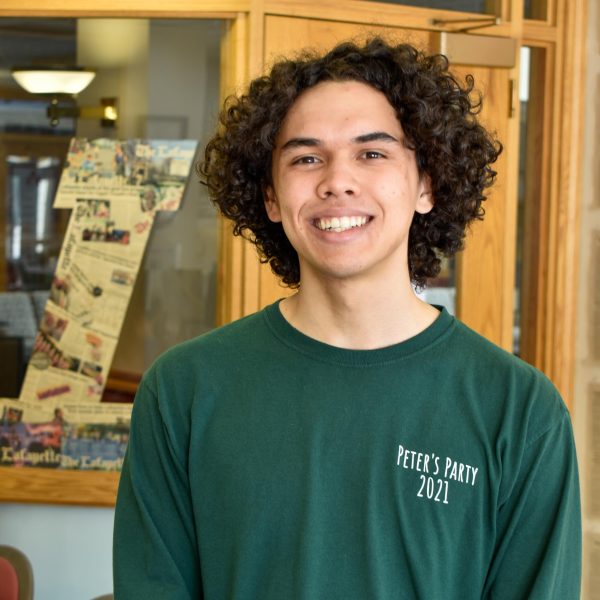In the wake of the Delta variant surge and the Food and Drug Administration’s full approval of the Pfizer coronavirus vaccine, students on college campuses around the country have been required to get their shot. Over 800 colleges or universities around the country have put a vaccine mandate in place for their students returning to school, according to NPR.
This requirement, however, comes with exceptions. There are some students who, for religious or medical reasons, have opted not to receive a COVID-19 vaccine. Lafayette has chosen to allow students with a vaccine exemption to come back to campus with individual vetting, a rigorous testing protocol and other measures which applied to all students before widespread vaccination.
In order to get an exemption, students had to provide either signed documentation from a medical provider detailing a “medical condition” or verified documentation from an accredited religious organization, according to Lafayette’s COVID-19 Vaccinations webpage. Only 1.9% of the student body—around 50 people—received exemptions, according to the COVID-19 Dashboard, though others tried.
In an average year, about 20 students on campus request a religious or medical exemption from routine vaccinations, according to Jeffrey Goldstein, the Director of Health Services at Lafayette. This semester there were around 59 requests, but Goldstein expected more.
“There were lots of people who just didn’t want to—or didn’t trust—getting a vaccine that wasn’t fully FDA approved,” Goldstein said, noting that there were a handful of students whose requests were denied.
“If they provided the documentation we requested, it is reasonable to assume they have met the requirement for exemption. If students did not provide the documentation we requested, we did not approve the request,” Vice President of Campus Life Annette Diorio wrote in an email.
All medical requests were vetted by Goldstein himself, while religious requests were handled by the Office of Religious and Spiritual Life.
Fake vaccine cards have seen a boom in popularity in the torrent of anti-vaccination sentiment in the United States and Lafayette was not immune. Goldstein said that there were some suspicious vaccine cards submitted to the College for review, and the Health Department followed up with these students and cleared them.
“It’s not possible to authenticate 100 percent of the cards. But we didn’t just, carte blanche, say ‘Oh, that’s a vaccine card,'” Goldstein said.
“If we had questions, we followed up with [the student] individually,” Diorio said.
Overall, Goldstein looked back upon the vaccine mandate and the vetting process of exemption paperwork as a success, but he noted the inevitability of the Delta variant to impact campus life.
“I would be surprised if we did not have an outbreak. The college is prepared for that eventuality,” Goldstein said.
Two students have tested positive for the Coronavirus, both of whom are in isolation, according to the COVID-19 Dashboard.
However, Goldstein did not foresee a return to pre-vaccination operations like restrictions in dining halls or virtual classes like what Duke University and Amherst College have implemented, citing a focus on the mental health of students.
“To test everyone and to mask everywhere, yes we would have low low numbers of breakthrough infections, [but] to take a student that is fully vaccinated, who has an asymptomatic infection and have them go into isolation, there are consequences to that,” Goldstein said.



























































































































